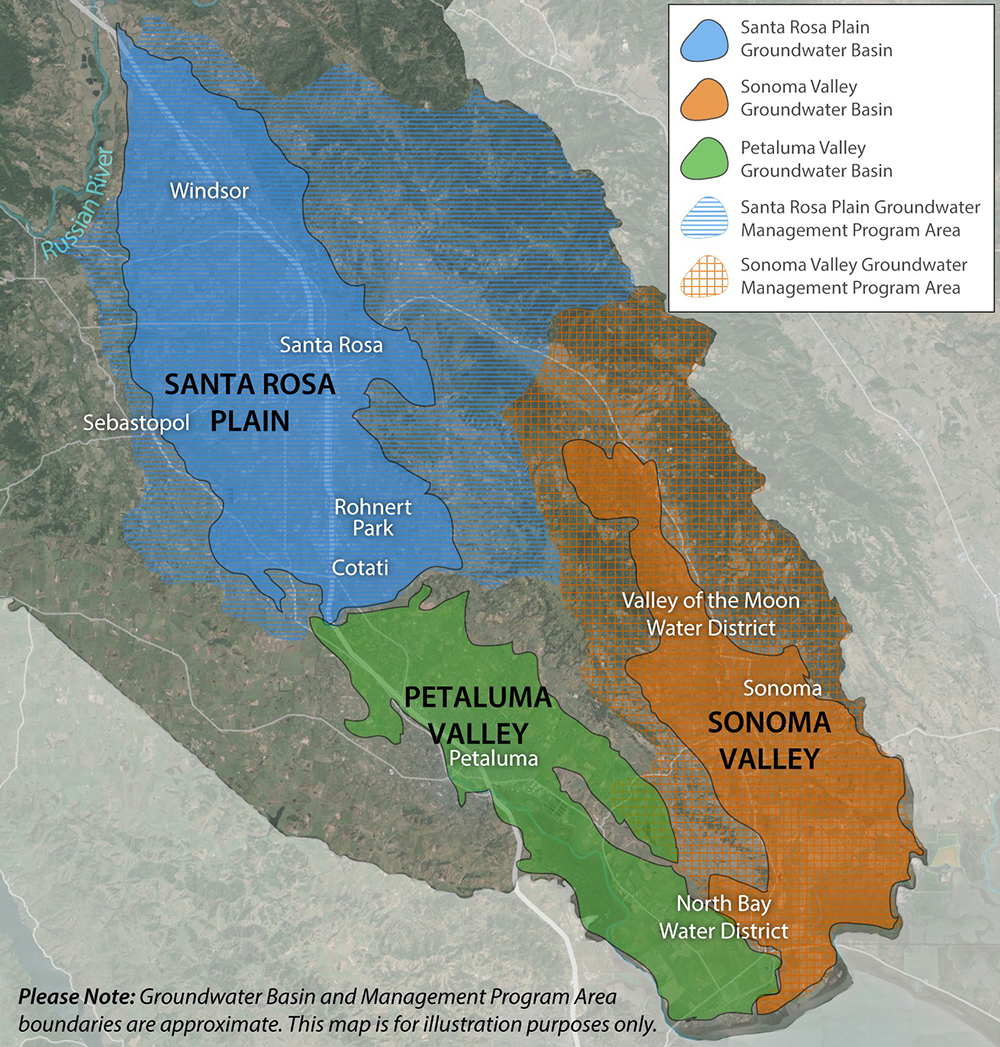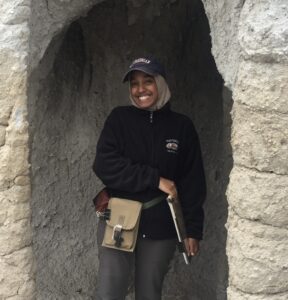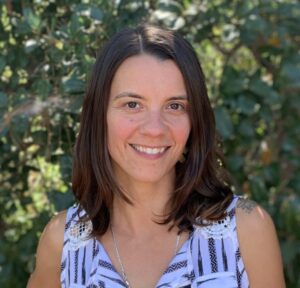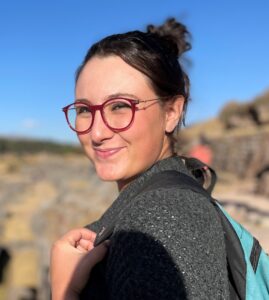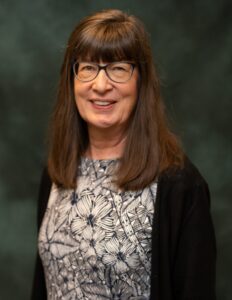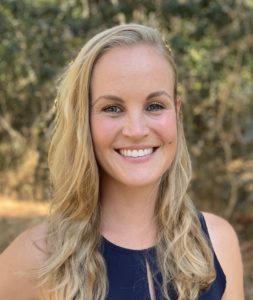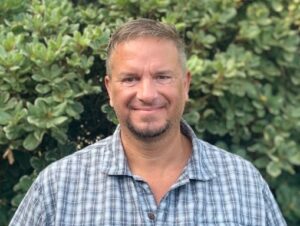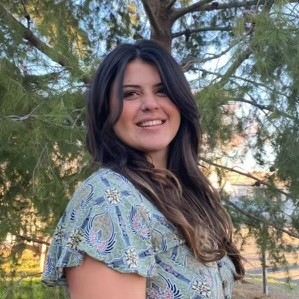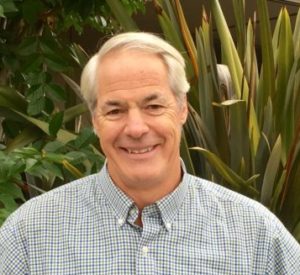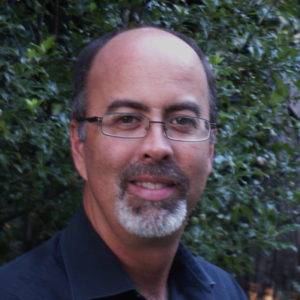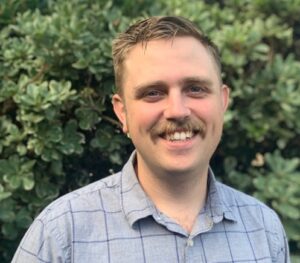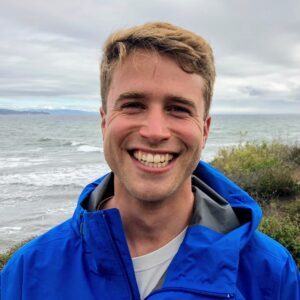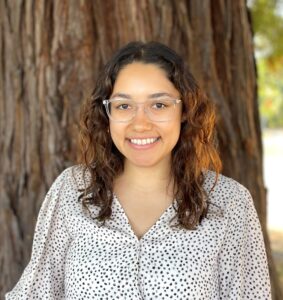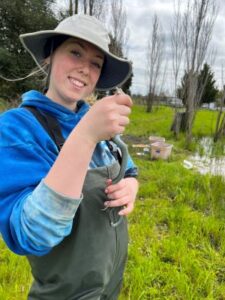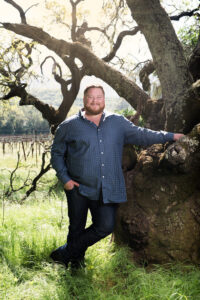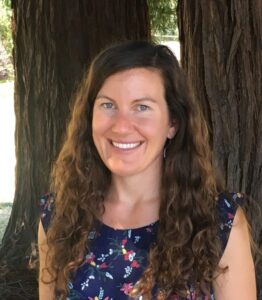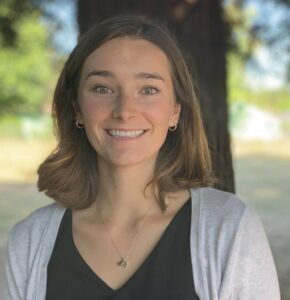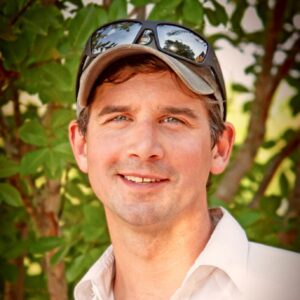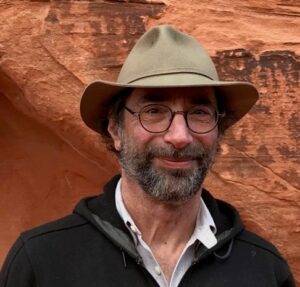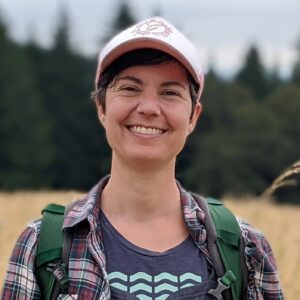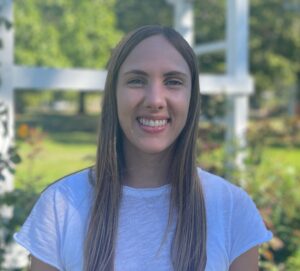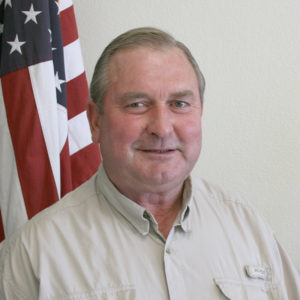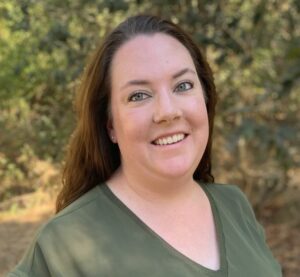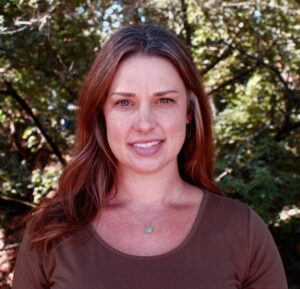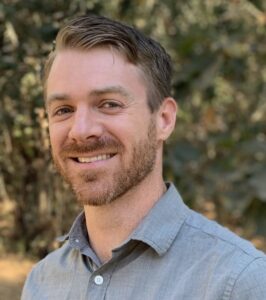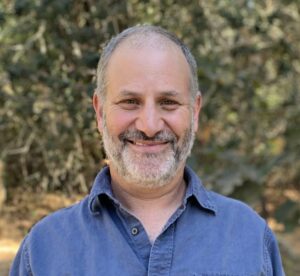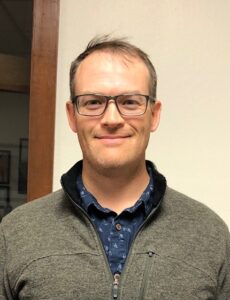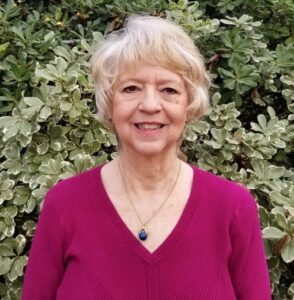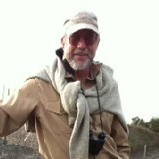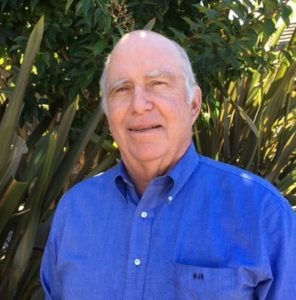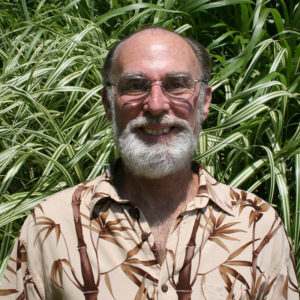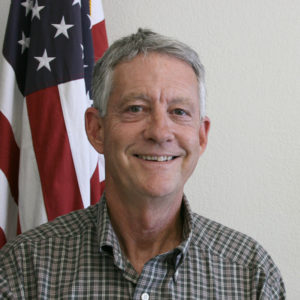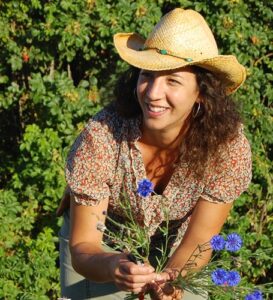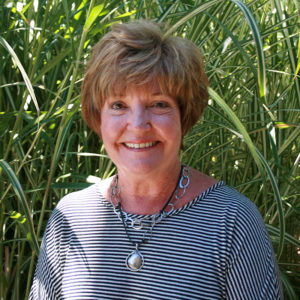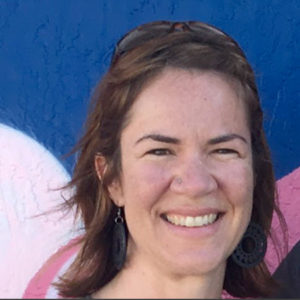Collaboration
The Sonoma RCD utilizes our many partnerships to capitalize on our collective strengths to create the best, most effective programs for our constituents. Whether it be regionally in the North Coast or Bay area, on a county-wide conservation efforts, or locally in a particular watershed, working collaboratively is how we see the greatest work achieved.
A few of these collaborative initiatives in natural resource conservation and education are highlighted here:
Regional LandSmart® Program
The launch of our LandSmart program and brand regionally, in collaboration with Napa County, Gold Ridge, and Mendocino County RCDs was a major milestone. Components of the program include conservation planning on farms and ranches, technical assistance and professional training, on the ground conservation projects, and youth stewardship and education. Working together regionally on this program is already providing consistence across district and county lines, and better use of our limited resources. The RCD creates and procures funding for these conservation programs that proactively address natural resource concerns on our diverse landscapes of Sonoma County.
Visit our website for more information and the latest on our regional programming at LandSmart.org
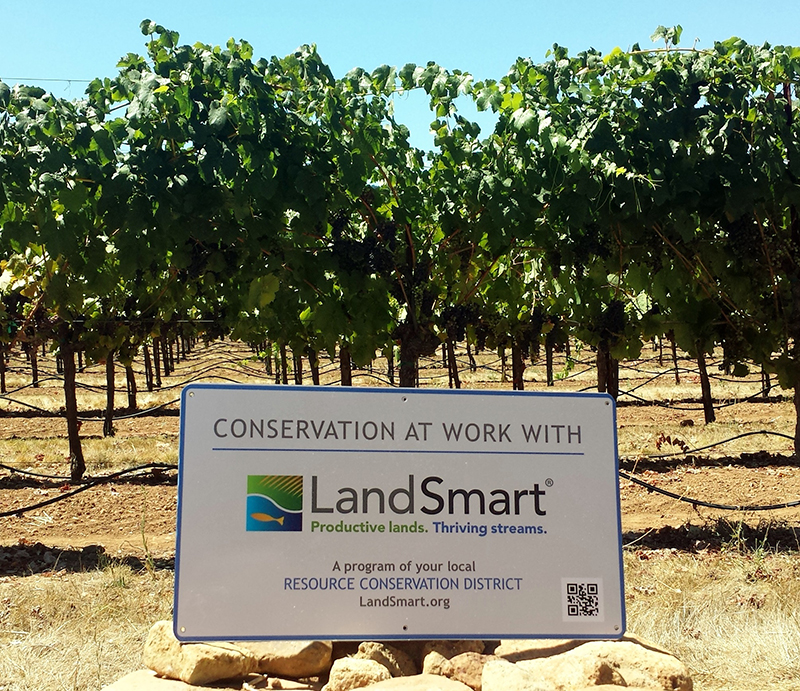
North Coast Soil Health Hub
Sonoma RCD is working with other north coast RCDS to help maximize vineyard soil health with the goals of increased profit, system resilience, and creating dependable soil biological ecosystems. Mendocino, Napa and Sonoma county farmers and partners are working together as the North Coast Soil Health Hub, and are networking with the California Farmer-to Farmer Soil Health Network. Farmers are finding soil health is key to sustainable farming, enhancing on-site resources, and increasing climate resilient systems.
State-wide, farmers, RCDs, educators, and partners see the need to enhance access to resources and opportunities for sharing on farm innovation. The network’s efforts include: hosting farmer-to-farmer workshops, running long-term experimental demonstrations, and using this website as an information sharing platform.
Soil Health Hubs are agriculturally focused networks that address region specific needs, successes and challenges. Regional hubs are focused on specific needs for specific crops, soils, climate, land management practices, and marketing. The North Coast Soil Health Hub is starting with the vineyard industry but will build the network to include other agricultural industries in the three counties over time.
Vineyard irrigation system evaluations are available to grape growers throughout the District on a fee for service basis. RCD staff work with interested landowners to assess the efficiency and performance of the above ground portion of the irrigation system in vineyards. This includes measuring emitter flow rates and system pressures to determine the distribution uniformity of a vineyard irrigation block. An evaluation also investigates basic water quality, filter performance, and emitter plugging, while also looking for leaks and other system issues. \
The field evaluations take 4-6 hours. Following the field visit, RCD staff will provide a pressure map and a written report that summarizes the field test results and provides recommendations to improve your system. Staff will also be available to discuss potential cost share programs, such as the Natural Resources Conservation Service (NRCS) Environmental Quality Incentives Program (EQIP), which can offset costs for growers interested in implementing recommended changes to irrigation systems.
If you’re interested in receiving additional information, or want to get a system evaluation, please email kabeles@sonomarcd.org or call 707.569.1448 ext 112.
Regional Conservation Partnership Program
The purpose of the Regional Conservation Partnership Program is to promote coordination between the natural resources Conservation Service (NRCS) and its partners to deliver conservation assistance to agricultural producers and landowners. NRCS provides assistance to producers through partnership agreements and through conservation program contracts or easement agreements.
Led by the Sonoma County Agricultural Preservation and Open Space District (SCAPOSD) in partnership with core partners, including the Sonoma RCD, Gold Ridge RCD, Sonoma County Water Agency and Pepperwood’s Dwight Center for Conservation Science, the SCVC leverages local knowledge, funding, and resources with federal USDA-NRCS dollars through the Regional Conservation Partnership Program.
Groundwater Sustainability Agencies
In 2014, the state of California adopted The Sustainable Groundwater Management Act of 2014 (“the Act” or “SGMA”). While the Act is a complex piece of legislation, its primary goals are:
- To ensure that the significant groundwater basins in California (those designated as high and medium priority by the Department of Water Resources) are “sustainably managed,”
- To provide local groundwater agencies with the authority and the technical and financial assistance necessary to sustainably manage groundwater.
To achieve its stated goal of sustainability, the Act requires that Groundwater Sustainability Agencies (“GSAs”) be in place in each significant basin by June 30, 2017. The GSAs are then required to adopt Groundwater Sustainability Plans (“GSPs”) by January 31, 2022.
There are three medium priority basins in Sonoma County: the Petaluma Basin, the Santa Rosa Plain Basin and the Sonoma Valley Basin.
Russian River Coho Partnership
In response to the precipitous decline of coho salmon in the Russian River watershed, the Russian River Coho Water Resources Partnership is developing a systematic approach to improve streamflow and water supply reliability in five priority Russian River tributaries critical to the recovery of endangered coho salmon (Dutch Bill Creek, Grape Creek, Green Valley Creek, Mark West Creek, and Mill Creek). The Partnership consists of the Sonoma and Gold Ridge RCDs, Trout Unlimited, Center for Ecosystem Management and Restoration, Occidental Arts and Ecology, and UC Cooperative Extension.
The long-term goals of the Partnership are to:
- Restore a more natural streamflow regime during the dry season
- Increase viability, and ultimately numbers, of coho salmon in the Russian River watershed
- Increase water reliability for water users in each priority watershed
- Develop mechanisms for navigating the regulatory processes associated with water use and water rights
- Develop pilot program that is applicable in other watersheds throughout the state
Through this effort we are working with landowners in the five priority watersheds to collect streamflow and fish habitat data and develop water conservation and storage projects to enhance water source reliability and instream flow during critical periods.
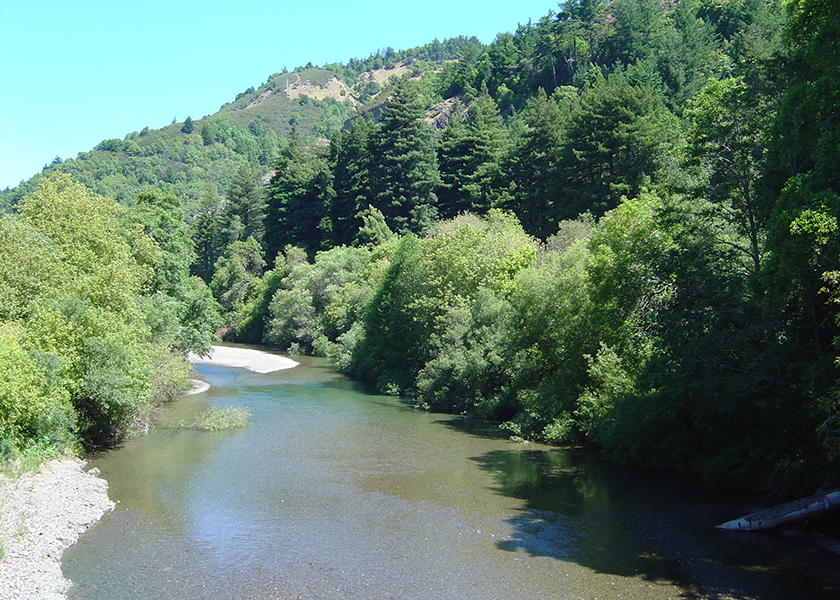
Sonoma County Forest Conservation Working Group
The Sonoma County Forest Conservation Working Group is a team with forestry and conservation expertise working together to provide education and resources to forest landowners with the goal of protecting and sustaining healthy forests, woodlands, and watersheds in Sonoma County. Members represent forest landowners, local and regional land trusts, watershed councils, and state and local agencies. The Sonoma RCD board and staff have participated actively in this forum and continue to support endeavors of the Working Group. For more information on upcoming brown bag meetings, workshops or conferences please visit www.sonomaforests.org.
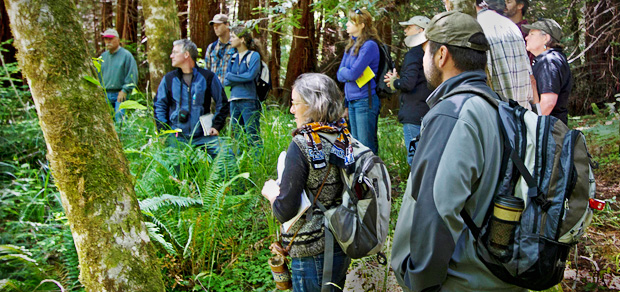
Sonoma Environmental Education Collaborative
The Sonoma Environmental Education Collaborative (SEEC) is a regional consortium of environmental education professionals from organizations, agencies, networks, and school districts throughout Sonoma County. The Sonoma RCD has participated in this collaborative effort for over eight years.
The SEEC mission is to create vibrant, innovative collaborations that increase environmental literacy in Sonoma County citizens. As a collaborative, SEEC undertakes its mission by identifying and addressing regional needs for environmental education beyond the scope of individual organizations. For more information on the collaborative please visit www.sonomacountyee.org.
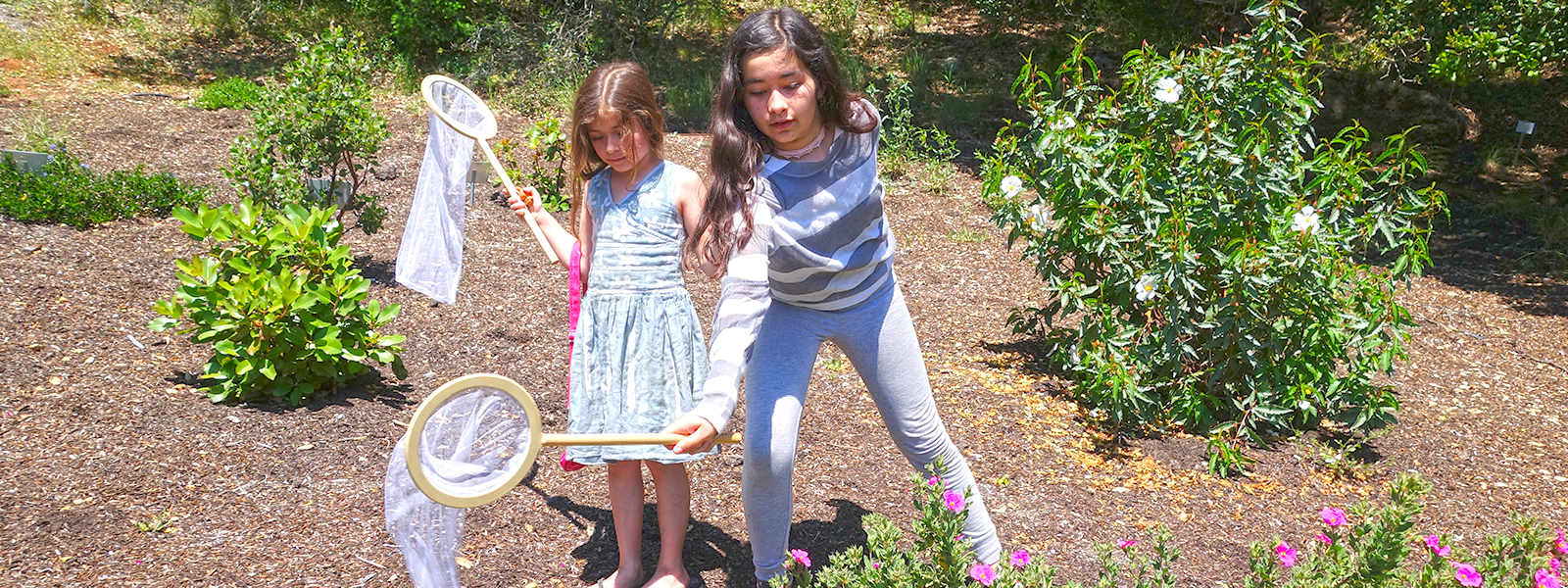
Partners
Resource Conservation Districts
California Association of RCDs
Resource Conservation District of Santa Cruz County
Local
Petaluma Department of Water Resources and Conservation
Sonoma County Agricultural Preservation and Open Space District
Sonoma Environmental Education Collaborative
Center for Ecosystem Management and Restoration
Community Alliance of Family Farmers
Friends of Mark West Watershed
Laguna de Santa Rosa Foundation
North Bay Watershed Association
Pt. Blue Conservation Science STRAW Project
Russian River Property Owners Association
San Francisco Estuary Institute
Sonoma County Agricultural Commissioner
Sonoma County Forest Conservation Working Group
The Center for Land-Based Learning
State
California Association of RCDs
California Coastal Conservancy
California Department of Conservation
California Department of Fish and Game
California Regional Water Quality Control Boards
- San Francisco Bay Region (for landowners in the Sonoma Creek or Petaluma River watersheds)
- North Coast Region (for landowners in the Russian River, Gualala River, Russian Gulch, Stemple Creek, Walker Creek watersheds and Coastal Drainages)
California Special District Association
California State Water Resources Control Board
University of California Cooperative Extension
Federal
National Association of Conservation Districts
National Oceanic and Atmospheric Administration, National Marine Fisheries Service
USDA Natural Resources Conservation Service
United States Army Corps of Engineers

